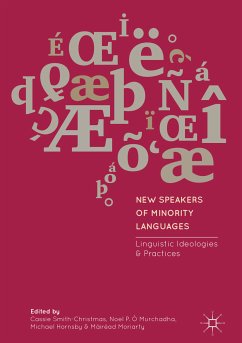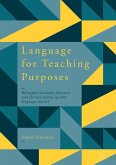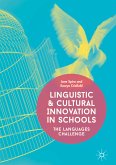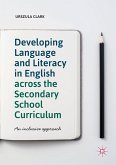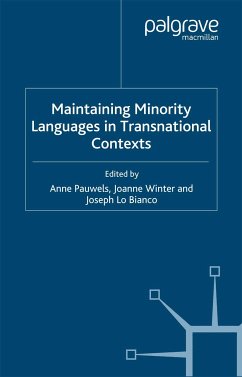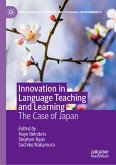This book represents the first collection specifically devoted to New Speaker Studies, focusing on language ideologies and practices of speakers in a variety of minority language communities. Over thirteen chapters, it uses the new speaker lens to investigate not only linguistic issues, such as language variation and change, phonetics, morphosyntax, language acquisition, code-switching, but also sociolinguistic issues, such as legitimacy, integration, and motivation in language learning and use. Besides covering a range of languages - Basque, Breton, Galician, Giernesiei, Irish, Scottish Gaelic and Welsh - and their different sociolinguistic situations, the chapters also encompass a series of interactional settings: institutional settings, media and the home domain, as well as different contexts for becoming a new speaker of a minority language, such as by migration or through education. This collection represents an output by a lively network of researchers: it will appeal to postgraduate students, researchers and academics working in the field of sociolinguistics, applied linguistics, language policy and those working within minority language communities.
Cassie Smith-Christmas is a Research Fellow at the University of Limerick, Ireland. Her research interests involve the sociolinguistics of minority languages and she is the author of Family Language Policy: Maintaining an Endangered Language in the Home (Palgrave, 2016).
Noel.P. Ó Murchadha is Assistant Professor in Language Education at Trinity College Dublin, Ireland. His research interests lie in the sociolinguistics of minority languages, particularly perceptions of linguistic variation in 'small' languages.
Michael Hornsby is Professor at Adam Mickiewicz University, Poland, and head of its Centre for Celtic Studies. He is the author of Revitalizing Minority Languages: New speakers of Breton, Yiddish and Lemko (Palgrave, 2015).
Máiréad Moriarty is a lecturer in Sociolinguistics and New Media at the University of Limerick, Ireland. Her research interests lie in multilingualism and the place for minority languages in domains of popular culture. She is the author of Globalising Language Policy: An Irish Language Perspective (Palgrave, 2015).
Dieser Download kann aus rechtlichen Gründen nur mit Rechnungsadresse in A, B, BG, CY, CZ, D, DK, EW, E, FIN, F, GR, HR, H, IRL, I, LT, L, LR, M, NL, PL, P, R, S, SLO, SK ausgeliefert werden.
"The book is obviously written for researchers and graduate students, but the issues discussed throughout may also be of interest to a wider readership, particularly language activists and language teachers. ... Overall, this book makes an important contribution to the literature. ... Most of the issues treated in this collection will be familiar to scholars of language contact and shift, but the chapters provide a new perspective on many of them." (Colin J. Flynn, Journal of Multilingual and Multicultural Development, December 26, 2019)
"It is the first book on new speakers that explores the practical implications of new speaker theory on populations, and incorporates quantitative studies into a largely qualitative field. ... most of the more prevalent voices in new speaker theory are present in the book, this volume is sure to become key reading for all those with an interest in this emerging field, particularly in relation to minority languages." (Deirdre A. Dunlevy, Language Policy, Vol. 18, 2019)
"It is the first book on new speakers that explores the practical implications of new speaker theory on populations, and incorporates quantitative studies into a largely qualitative field. ... most of the more prevalent voices in new speaker theory are present in the book, this volume is sure to become key reading for all those with an interest in this emerging field, particularly in relation to minority languages." (Deirdre A. Dunlevy, Language Policy, Vol. 18, 2019)
Es gelten unsere Allgemeinen Geschäftsbedingungen: www.buecher.de/agb
Impressum
www.buecher.de ist ein Internetauftritt der buecher.de internetstores GmbH
Geschäftsführung: Monica Sawhney | Roland Kölbl | Günter Hilger
Sitz der Gesellschaft: Batheyer Straße 115 - 117, 58099 Hagen
Postanschrift: Bürgermeister-Wegele-Str. 12, 86167 Augsburg
Amtsgericht Hagen HRB 13257
Steuernummer: 321/5800/1497
USt-IdNr: DE450055826
Bitte wählen Sie Ihr Anliegen aus.
Rechnungen
Retourenschein anfordern
Bestellstatus
Storno

